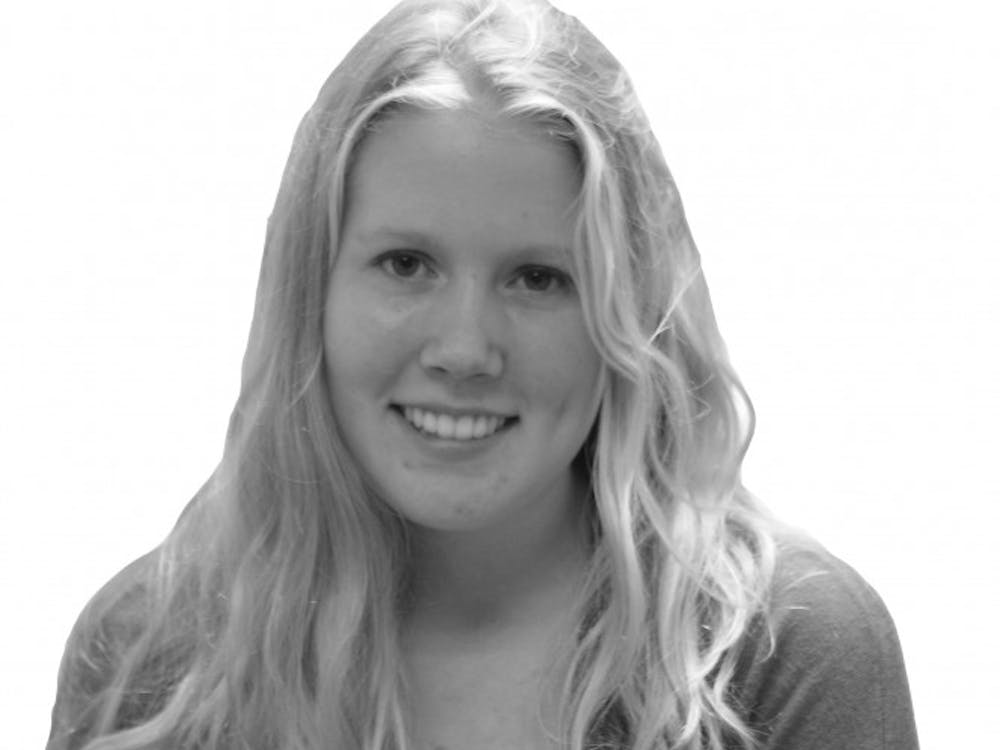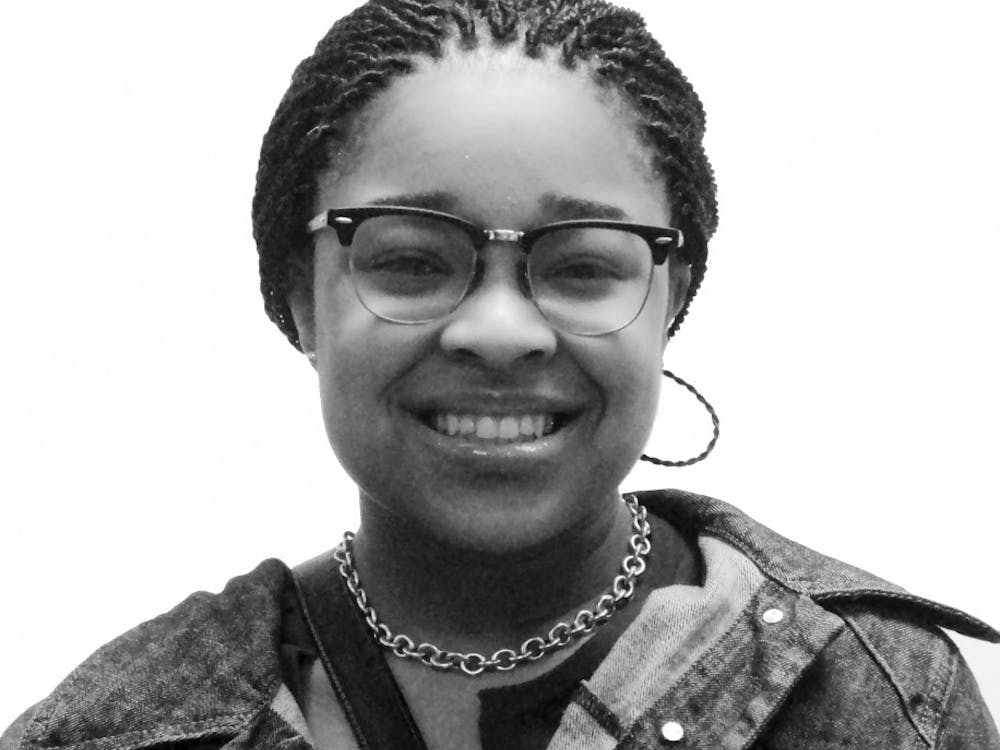Fixing ObamaCare (Yes, We Can)
Katherine ZhaoAs the confetti settled in Times Square, the New Year rang in with the first wave of new insurance policies under the Affordable Care Act, widely known as “ObamaCare.” The White House reported that more than 2.1 million Americans have already signed up for private insurance through the ObamaCare exchanges.










